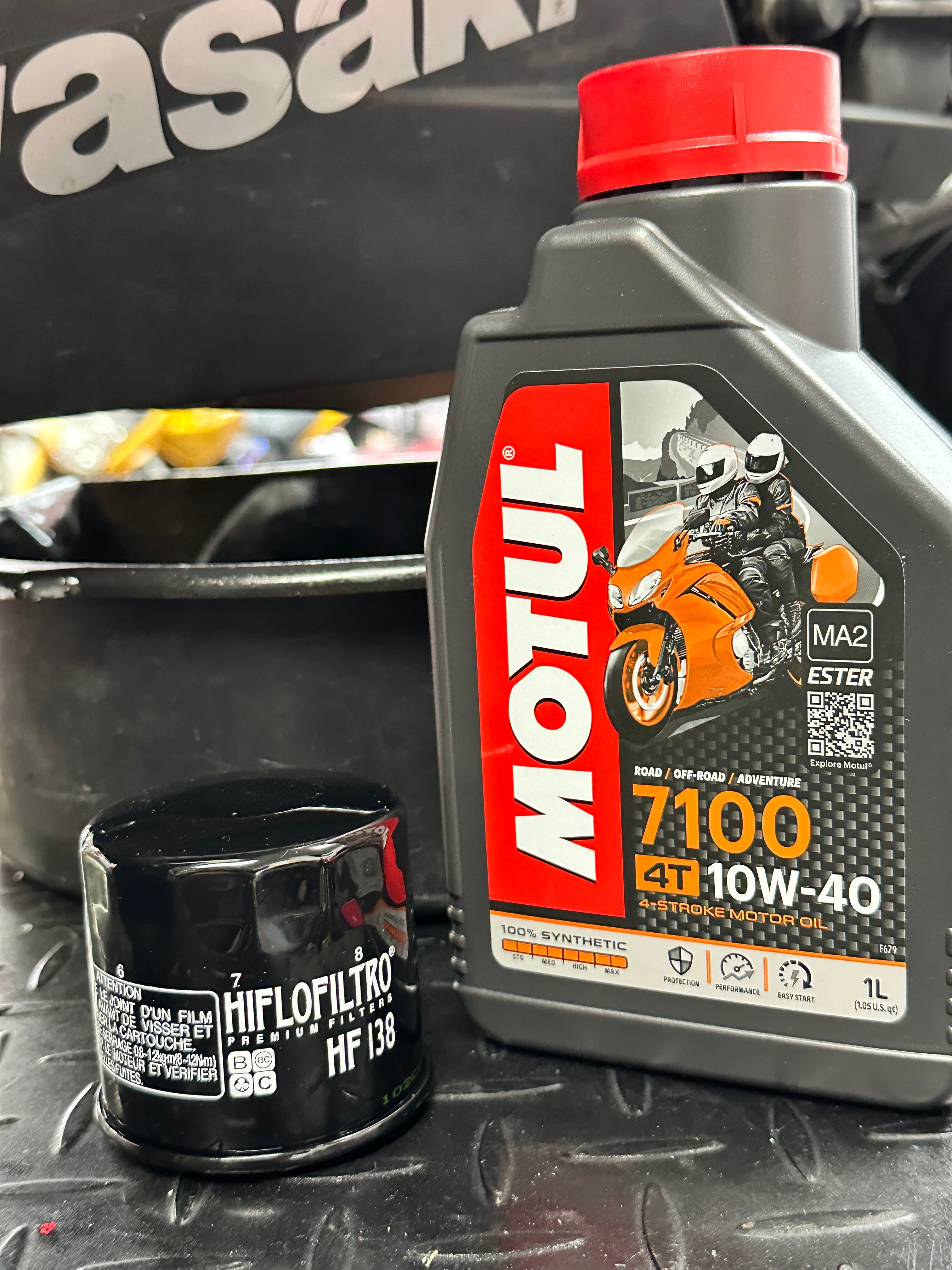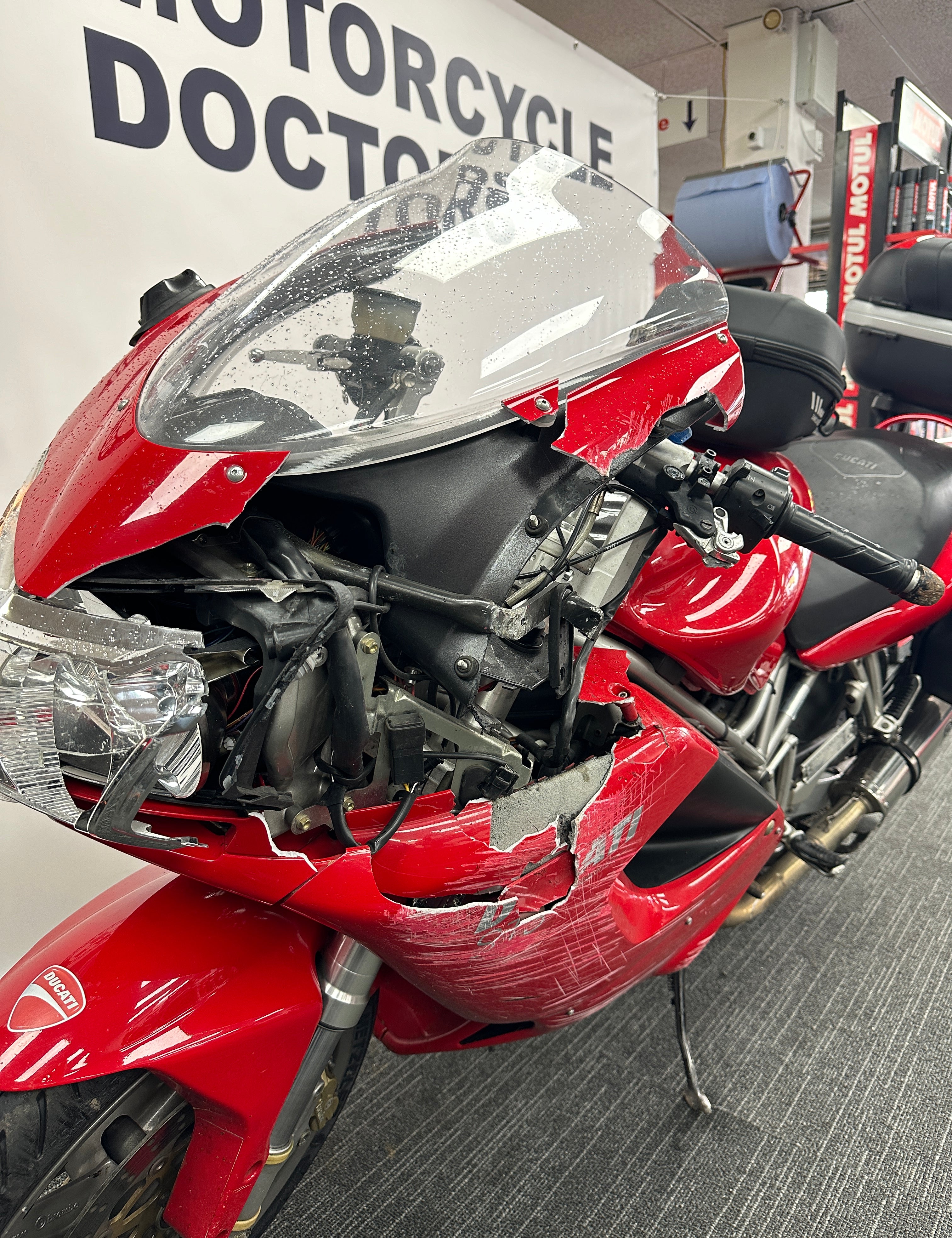Optimal Timing for Motorcycle Oil and Oil Filter Maintenance

Similar to renewing your bike insurance policy annually, maintaining your motorcycle is crucial for its optimal performance. Regular upkeep ensures that your bike operates smoothly without any issues. Among the various maintenance tasks, changing the oil is particularly vital.
Engine oil serves to lubricate engine components, preventing friction. The oil filter plays a crucial role by capturing metal shavings and filtering out particles that could harm internal components. Both the oil and oil filter are essential for the engine to function seamlessly.
Unlike more complex engine repairs, changing the oil is a relatively quick and straightforward process. As a responsible bike owner, it's important to follow the manufacturer's recommendations and periodically replace and top up the oil levels.
Why is oil replacement necessary?
Engine oil plays a critical role in regulating the engine temperature and needs to be replaced periodically. Over time, unused oil can degrade, breaking down into harmful chemicals that can damage the engine. Even when in use, circulating oil loses efficacy, necessitating timely replacement.
How often should you replace the oil?
The frequency of oil changes varies based on factors such as the bike model, make, usage, and oil viscosity. For casual bike users, changing the oil every six months is advisable. Alternatively, an annual oil change, synchronized with the renewal of comprehensive or third-party bike insurance, is recommended.
Some new bike owners may believe that infrequent riding eliminates the need for oil changes. However, it's essential to regularly circulate the oil by riding the bike at least twice a month for half an hour. Consulting the bike's service manual and choosing the appropriate oil grade based on the engine's specifications is also crucial.
Should you change the oil filter with each oil change?
Yes, it is advisable to replace the oil filter whenever you change the engine oil. The filter plays a vital role in capturing contaminants, and using a clogged filter can lead to severe damage to the engine components. Regular oil filter replacement not only ensures proper filtration but also reduces the overall maintenance cost of your bike.
In conclusion, while reminders for annual insurance renewals are helpful, setting reminders for oil and oil filter changes is equally important. Neglecting these routine maintenance tasks may result in more significant expenses associated with engine damage. Choosing a comprehensive bike insurance policy is essential for covering unexpected damages, and a two-wheeler insurance premium calculator can assist in selecting the most suitable option for your needs.



